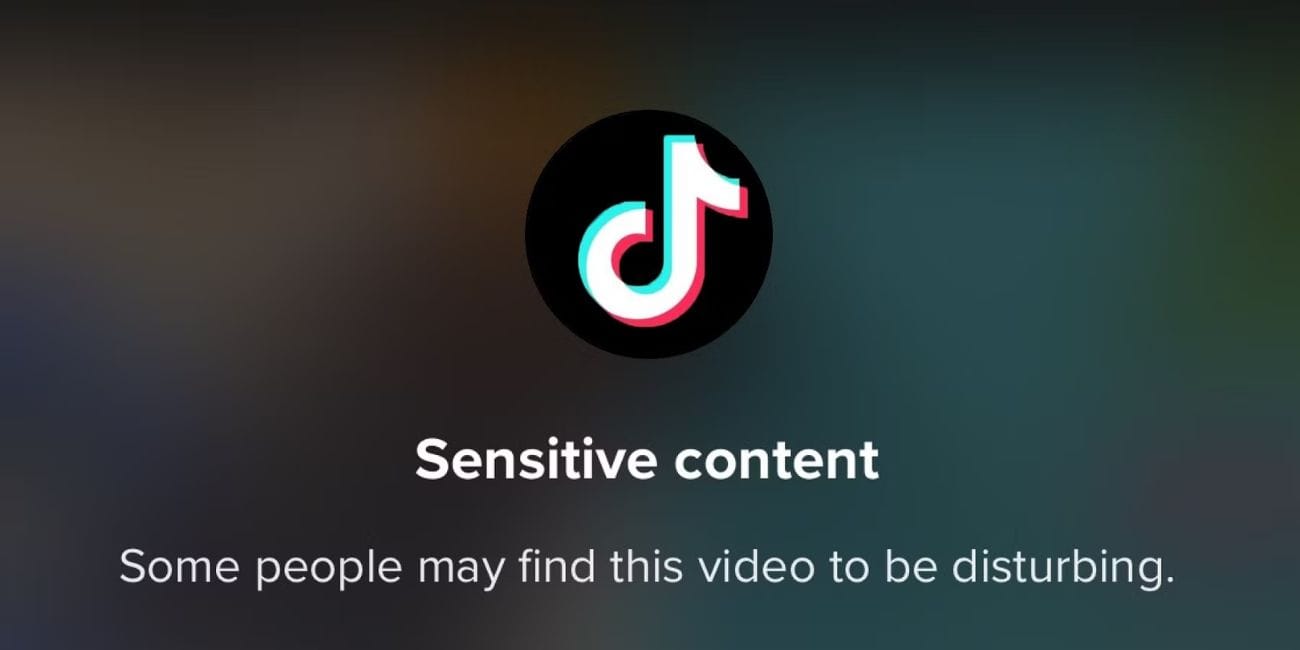TikTok, the short-form video app developed by Chinese company ByteDance, has taken the world by storm with its addictive content and massive user base. However, its meteoric rise has also drawn scrutiny from many governments, particularly over concerns involving data privacy, national security, and potential influence by the Chinese government.
As of 2024, a growing number of countries have either banned TikTok outright or imposed partial restrictions on its use, especially among public officials or on government-issued devices. Below is a comprehensive and up-to-date list of these countries and the reasons behind their decisions.
Countries That Have Fully Banned TikTok
These countries have imposed a total ban on TikTok, making it unavailable for download or use within their borders:
- India – Banned TikTok in June 2020 along with dozens of other Chinese apps due to national security and data privacy concerns, following a border clash with China.
- Afghanistan – The Taliban regime banned TikTok in 2022, stating the app was leading young people “astray” and did not adhere to Islamic values.
- Iran – Although not officially cited as a TikTok-specific ban, Iran’s highly restrictive internet policies mean TikTok and similar platforms are largely inaccessible.

Countries With Partial or Governmental Restrictions
Numerous other countries have opted for targeted restrictions rather than full bans. These typically include banning TikTok on government devices or encouraging public sector employees to avoid the app.
- United States – While TikTok remains widely used by the public, numerous states and federal agencies have banned the app on government devices. In 2023, Congress passed legislation prohibiting its use across all federal agency systems.
- Canada – In early 2023, TikTok was removed from government devices over potential risks to sensitive data.
- United Kingdom – The UK banned TikTok from government phones and recommended restrictions for officials handling confidential information.
- European Union Institutions – The European Commission and the European Parliament banned the app from staff devices, citing cybersecurity threats.
- New Zealand – TikTok is banned on devices with access to the parliamentary network.
- Australia – Similar to other Western nations, TikTok has been banned from government-issued devices due to intelligence assessments.
- France – Government employees were ordered to remove TikTok and other “recreational apps” from work phones.
- Pakistan – The country has imposed temporary bans multiple times, citing immoral and indecent content. While currently accessible, the threat of future bans remains.
Other Countries Considering Full or Partial Bans
In some regions, debates around TikTok regulation are ongoing. Lawmakers and cybersecurity experts are actively discussing whether stricter measures should be imposed:
- Indonesia – While TikTok is operational, it consistently faces scrutiny and was briefly banned in 2018 over content moderation concerns.
- Germany and Netherlands – Both have advised caution but stopped short of implementing outright bans.
- Taiwan – Issued a public sector ban on TikTok in December 2022 due to national security issues amid rising tensions with China.

Why Is TikTok Being Banned or Restricted?
The primary drivers behind most governmental actions against TikTok include:
- Data privacy concerns – Fears that user data could be accessed by the Chinese government under its national intelligence laws.
- National security – Potential for espionage or manipulation of public narratives through the app.
- Misinformation and harmful content – The platform has been criticized for hosting misleading or dangerous content, especially targeting younger users.
- Cultural and religious values – In conservative nations, TikTok’s content is viewed as immoral or inconsistent with societal values.
Conclusion
As TikTok continues to shape digital culture globally, its presence also raises significant challenges. While it remains a platform for creativity and connection, concerns over security, privacy, and content integrity are prompting governments to reconsider their stance.
The evolving political and technological landscape means that more countries may join this list in the future. Individuals and organizations must stay informed and adhere to local laws and guidelines when using social media platforms like TikTok.